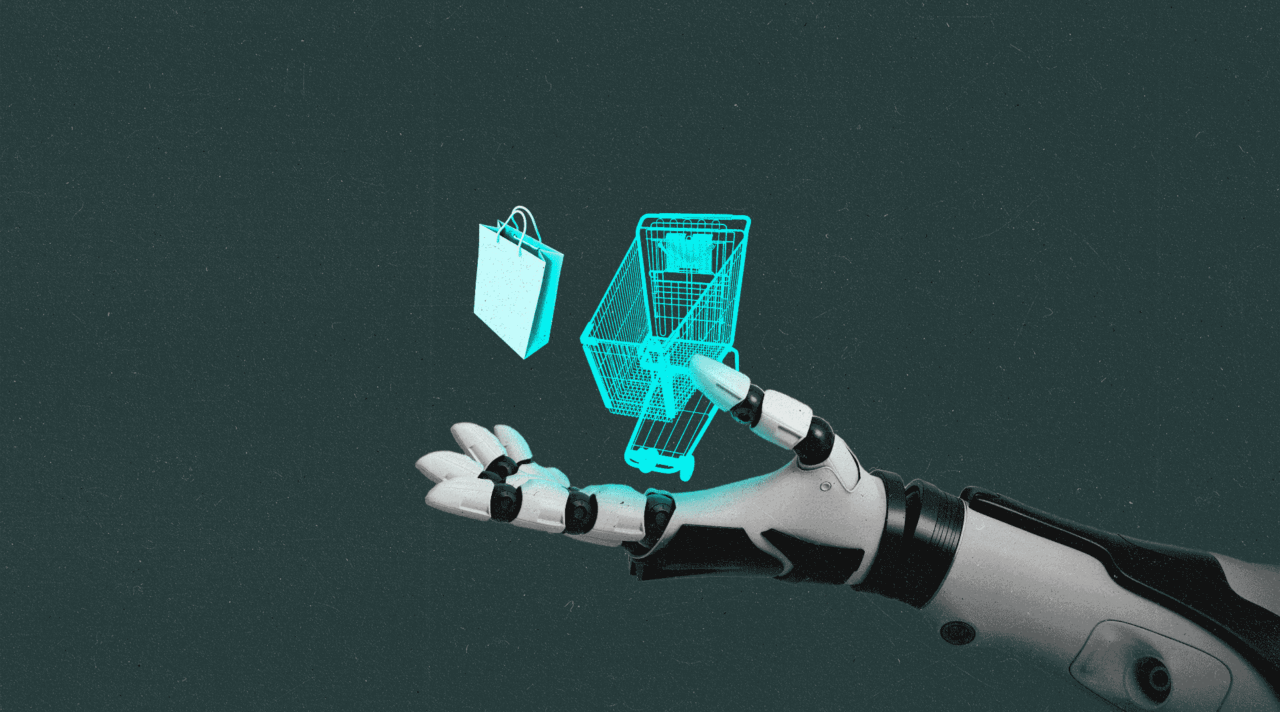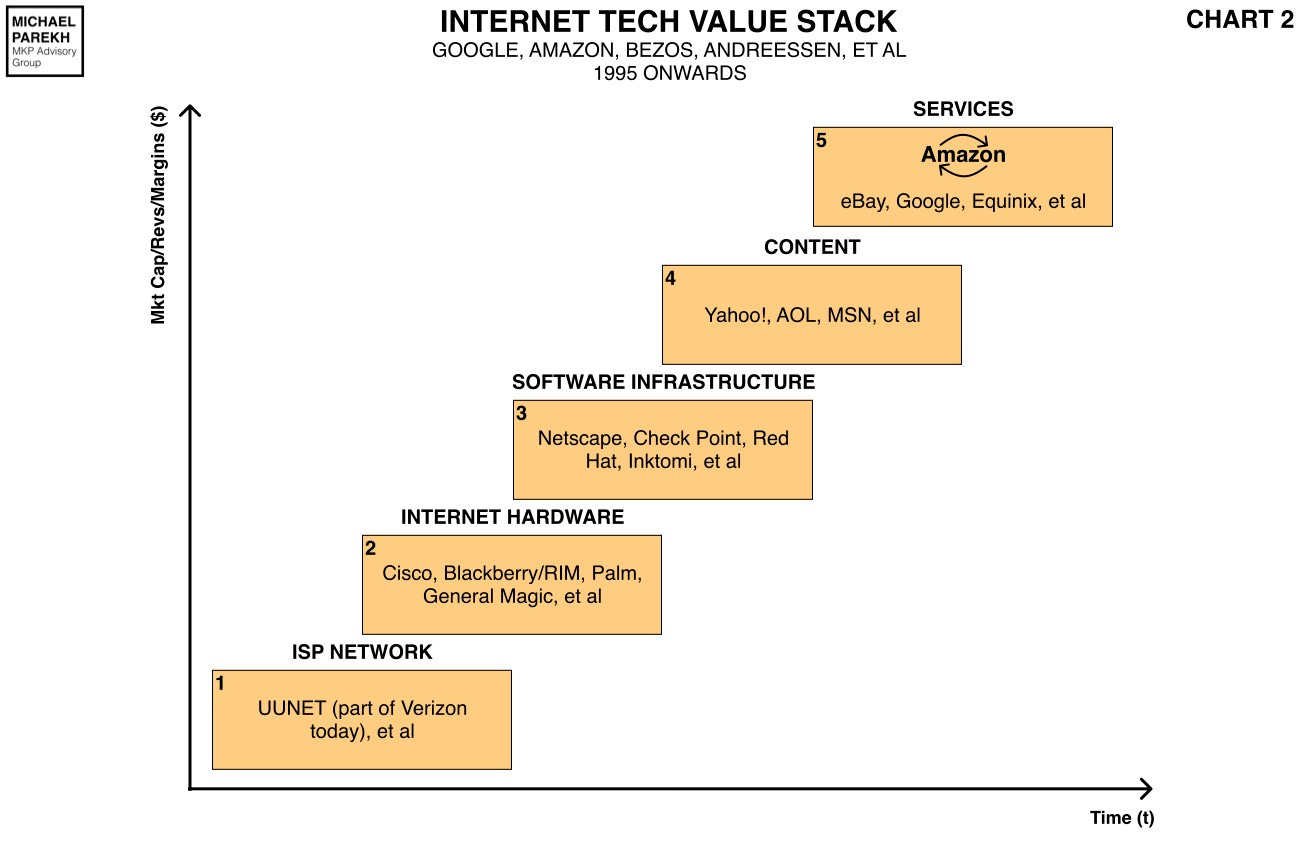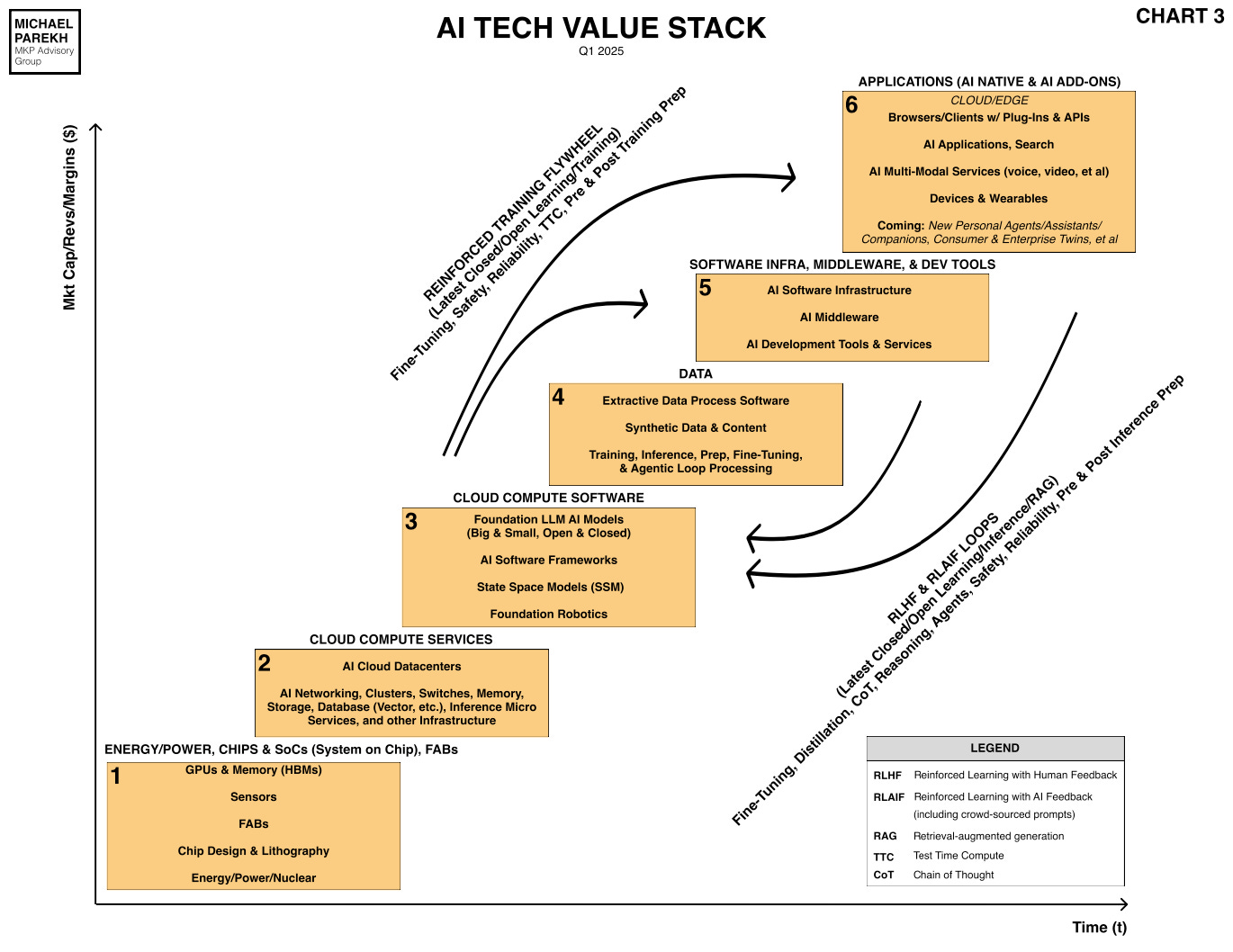
AI: The odd concept of 'AI Agents Shopping' for us. RTZ #707
I still remember the moment almost 25 years ago, when the media was full of articles of the coming strange world of online shopping.
How we seemed to be on the fearful precipice of mainstream folks putting their credit cards online for something and actually buying something on the internet. Detailed discussions of the pros and cons of such a thing. And how exotic it all seemed.
That online shopping may be as natural on the internet as say, searching for things on Google above, a few years into that ‘internet thing’.
Fast forward today, and we have a similar moment in 2025, on how strange it seems to be to potentially allow AI Agents to go shopping for us. Buy things ‘willy nilly’ as it were off mainstream AI services, in this AI Tech Wave.
So it felt timely to note this special moment, as we sit on the threshold of AI powered shopping online. AI ecommerce via Agents as it were.
Axios covers the current quaint set of affairs in “E-commerce is coming to a chatbot near you”:
“Soon online shoppers will be able to make purchases straight from their chatbots, which could drive the biggest shift in shopping since Amazon or the iPhone.”
“Why it matters: Shopping has fueled every internet boom from the dot-com to mobile to social.”
That part is true. And now, AI is in the picture, don’t you know:
“Driving the news: Visa on Wednesday announced a push to embed its payment network into AI systems, including chatbots and agents.”
-
“The effort is in the early testing stage, with Visa listing OpenAI, Anthropic, Microsoft, Mistral and Perplexity among its partners.”
-
“We think the shift could rival the level of impact that e-commerce and mobile commerce themselves have [had],” Visa chief product and strategy officer Jack Forestell said at an event in San Francisco on Wednesday.”
-
“Mastercard and PayPal also announced agentic commerce efforts this week.”
Then a dramatic explanation of how it all may work, and feel:
“How it works: Visa demoed how a user can enter their payment information into a chatbot, just once, and use natural conversation with an AI agent to purchase a range of goods and services.”
-
“Under the hood, Visa is incorporating the tokenization technology it has used to secure mobile and online commerce, combined with mechanisms for communicating authentication, payment intent and instructions.”
And of course the major incumbents are stepping into this ‘brave new world’ on their own as well:
“Separately, OpenAI said Monday that ChatGPT search will begin including direct product links in its results, starting with categories including fashion, beauty, home goods and electronics.”
“Between the lines: The biggest hurdle to so-called conversational commerce isn’t technological. It’s trust.”
Trust is the key variable for AI of course, as I’ve noted before:
-
“We could give AI agents payment tools today, and they’d be able to go out, access your credentials, your cards, your money, and go spend it,” Forestell said on stage Wednesday. “That would just uncover a bunch of other really important problems that we need to get solved before we take step one.”
And how amazing it would be if AI agents actually went and bought things for us everywhere. Could it ever be?
“Reality check: Widespread use remains uncertain, even for early adopters.”
-
“I find this one really hard to call,” Forestell said, noting that e-commerce has been around for 25 years and still accounts for less than half of sales globally. “Part of me says that it takes time.”
-
“On the other hand, he said, “It was 29 months ago when zero people were using [generative AI chatbots]” and now there are billions using ChatGPT, Llama and similar tools.”
-
“Forestell is “hopeful that within the next 12 months” people have the option to use autonomous agent payments, at least within certain use cases.”
“The intrigue: Chatbots will reshape shopping. And shopping will reshape chatbots.”
That of course leads to new possible horizons:
-
“Where commerce goes, advertising tends to follow, as do other means for technology providers to benefit, such as revenue-sharing and affiliate programs.”
-
“Google was once free of advertising and commerce, as was Facebook. The tech giants eventually changed the face of both industries, while their services also morphed into something radically different from how they launched.”
And what it would look like if even companies like OpenAI embraced and enabled AI shopping:
“What they’re saying: An OpenAI representative said that the company does not have affiliate links nor does it receive revenue from purchases made through ChatGPT search, nor does it have current plans to do so.”
-
“In a video shown at the Visa event, OpenAI CFO Sarah Friar said that the company wants customers to have confidence ChatGPT is always “giving them the best answer, not an answer that got skewed by, say, our business model, or a decision on something like advertising.”
And what it all means for mainstream ecommerce as we know it today:
“What’s next: Experts say retailers need to start rethinking their e-commerce strategy to prepare for chatbots to play a significant role.”
-
“The shift could allow companies to spend less on search advertising, but having the most up-to-date information on products and their availability will become more important, Pimberly CEO Martin Balaam told Axios. His company helps boost revenue for retail clients including Marshalls and Build-A-Bear.”
-
“If your product data isn’t pristine — if attributes are missing or inconsistent — you risk being misrepresented or filtered out entirely by the AI engine.”
How very odd indeed.
I daresay AI shopping may go mainstream a bit faster than online shopping. Know it seems fanciful at the moment in this AI Tech Wave. And the deja vu of it all.
But stranger things have happened. Stay tuned.
(NOTE: The discussions here are for information purposes only, and not meant as investment advice at any time. Thanks for joining us here)










